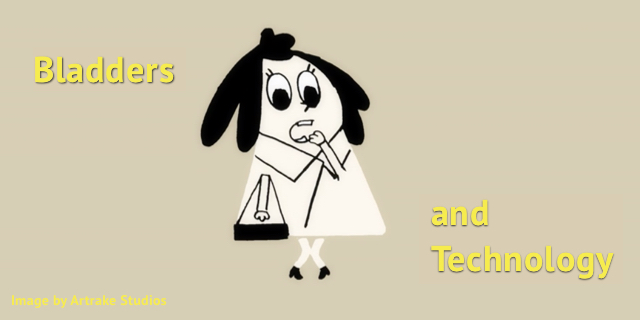Our last post discussed the connection between our kidneys and blood pressure. The kidneys release urine in a steady flow. It moves down the ureters–muscular tubules–to the bladder.
How does the bladder work? What happens when you hold urine in your bladder instead of going when you need to? Here is a well done description of how the bladder works and what the pelvic floor muscles do.
Bladder transplants
April is National Donate Life Month. We have shared several stories on Medivizor about the importance of signing up to be an organ donor.
Bladders not usually transplanted. Instead, the surgery that is done to replace the bladder is called neobladder reconstruction and involves the use of parts of the small and large intestine to create a bladder-like receptacle. But there have been some experimental bladder replacement surgeries involving using healthy urothelial cells from the lining of the urinary tract and bladder of the person to receive a replacement bladder. These cells are then grown in a petri dish while a new bladder is built from collagen using 3-D printing technology.
The physician researcher responsible for this work is Dr. Anthony Atala, presently at the Wake Forest Institute for Regenerative Medicine. Once the cells have grown and multiplied, he paints the cells onto the collagen model. The structure is then used to replace a bladder. Dr. Atala performed seven operations on children using this technology when he was at Boston Children’s Hospital. One of his patients Luke Massella was 10 years old when he underwent the surgery. He had been born with spina bifida and one of the complications of this condition is a malfunctioning bladder. As Luke grew, his bladder began to cause problems for his kidneys. Luke is now 27 years old.
Here is a TedTalk done by Dr. Atala. In the video, he shows how he is trying to create a kidney. His work is highly experimental and even the procedure conducted on Luke is not available yet.
What do you think? Please share your thoughts in the comments section below.






Someone should have told the nuns this years ago.